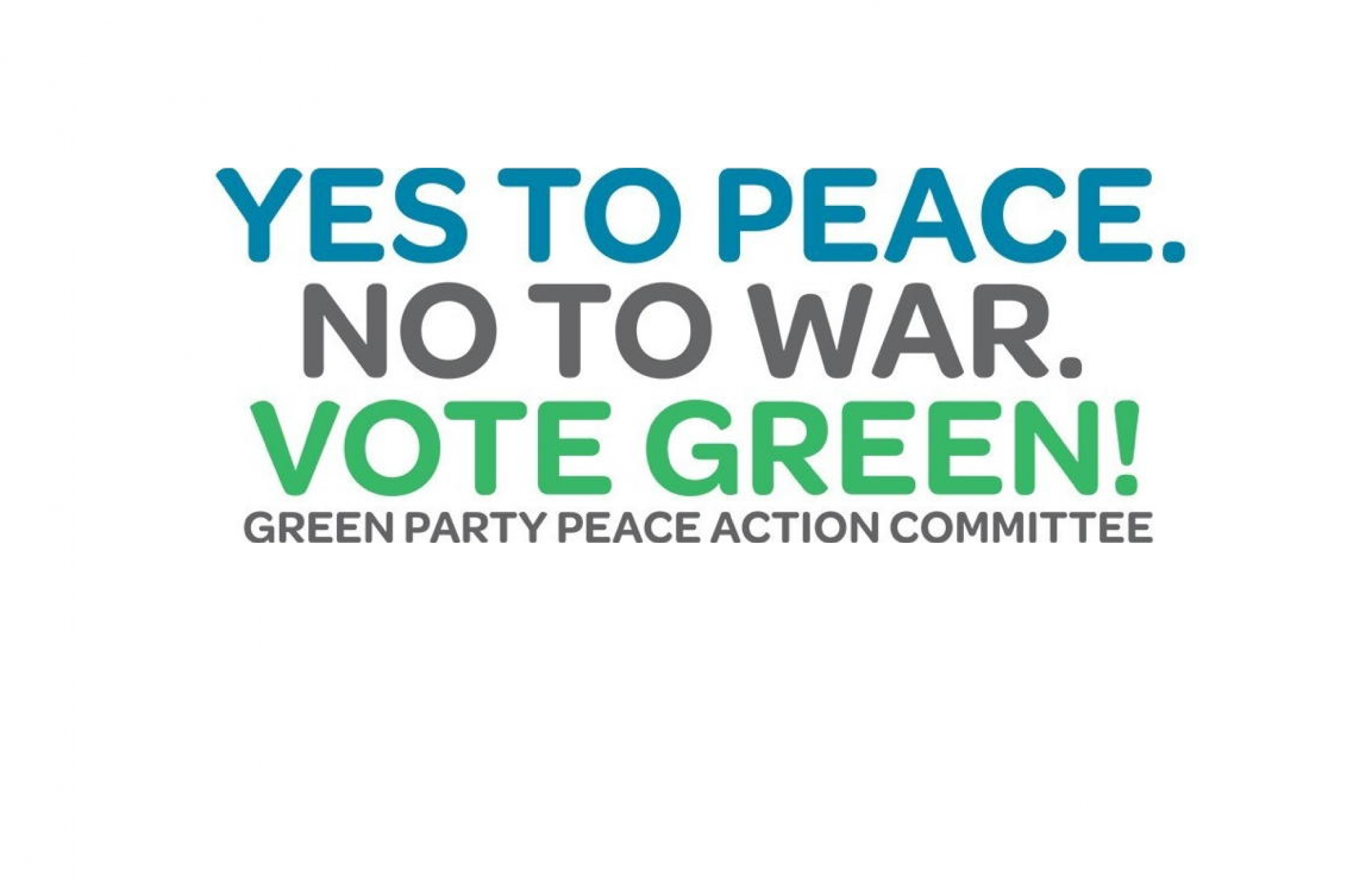Will the Stockholm Ceasefire in Yemen Hold?
A fragile truce between the Hadi government and Houthi forces in Yemen was secured in December after weeklong negotiations in Sweden. A small UN monitoring mission was rushed to the Yemeni port of Al Hudaydah to observe the agreement. Will the ceasefire hold in the context of Yemen’s very complex history?
Jay Tharappel, a Ph.D candidate at the University of Sydney explains the situation.
Jay says that according to the UN’s envoy to Yemen, Martin Griffiths, both sides are largely adhering to the ceasefire… For the UN, the ceasefire is successful as it is allowing aid workers to come in and help the millions of Yemenis who are starving. “…As to whether the ceasefire will hold until late January when the next talks are held in Kuwait, I believe that it can even though there are constant violations it can still hold as long as the front line does not change much.”
One major issue is whether the customs revenues from the Al Hudaydah port are to go to the Yemen central bank in Aden run by the Hadi government, or instead to remain with Houthis’ banks. Jay says: “Let’s be very clear here, what ‘mutual troop withdrawal’ amounts to is the ending of the National Salvation Government (NSG); that is demanding that the Houthis concede control of the only port city that they have under their control. At present, most of the city is controlled by Houthis, which means that they have an interest in maintaining the ceasefire as long as possible, because that will allow food aid to flow in, whereas the Saudis have different interests, they want to seize control of Al Hudaydah because that would allow them to cut the NSG off from the sea. Roughly 75% of the population in Yemen lives under the control of the NSG, and they rely on the Al Hudaydah port for access to the sea. The Saudis would therefore like a ‘mutual troop withdrawal’ …The NSG has every right to believe that if they move out of Al Hudaydah, the Saudis will move in, as the Saudis have a track record of believing that might is right….The major issue is one of trust, whether the NSG can trust the Saudis or not. If they pull out, how do they know that the Saudis will not use their 150,000 troops to storm in claim victory?”
In the second part of the program, Jay gives a very concise history of Yemen starting with pre-WWI days when Yemen was to all intents and purpose split into two, with the Ottoman Empire controlling the northern part and the southern part being a British protectorate, right through to the present day. Jay also discusses the way that different cultural practices between peoples in different parts of Yemen manifest in varying religious practices and the way that people make money.
Jay denounces the claim that the outcome of the Yemen war is decided upon exclusively by outside forces. “Let’s ask the question: Which side can claim greater indigenous support? The Hadi government is based in Saudi Arabia, whereas the NSG is based in Yemen. The plain reality is that the bulk of the Yemeni state is behind the Houthis. The NSG is entirely indigenous. Some 150,000 troops are fighting alongside some 20,000 Al-Qaida fighters with weapons flown in from the US., Australia, Canada, and Britain, even the AP was forced to admit the following: ‘To win the Civil War against the Houthis, Al-Qaida are effectively on the same side as the United States.’ But how many people in the west know that? You have to ask yourself: Which side is more indigenous, and by far the largest side are native people, called rebels. But it is not a rebellion, it is a unification government.” Host John Harrison points out that semantics are very powerful, and once the word: ‘rebel’ is used, then all sorts of negative connotations are automatically assumed, and these connotations usually last for a long time whether justified or not.
We’d love to get your feedback at radio@sputniknews.com
original post: https://sputniknews.com/radio_brave_new_world/201901111071393719-stockholm-ceasefire-yemen/


